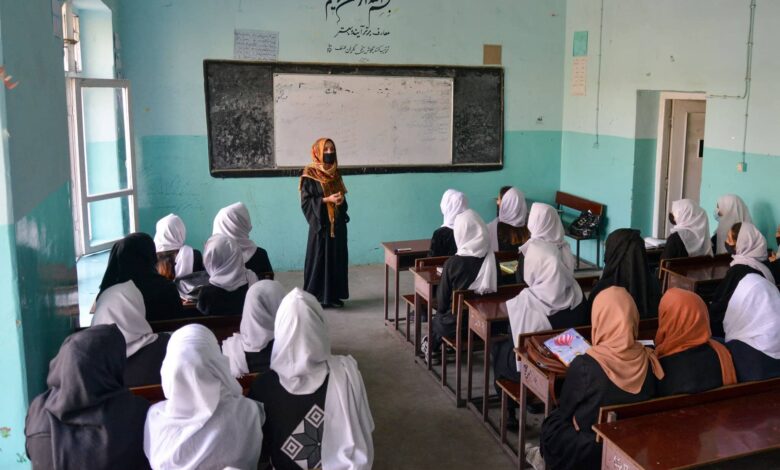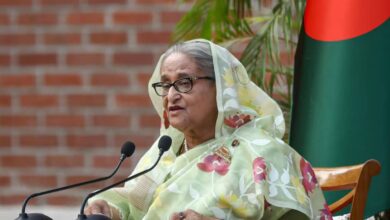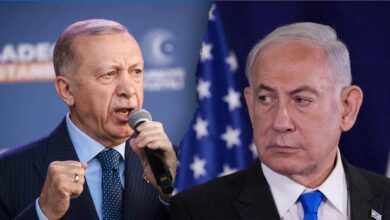
In one of the most striking public disputes to a policy that has dramatically contributed to its international isolation, the Taliban’s acting deputy foreign minister has made a remarkable about-turn in calls to reopen schools for girls across Afghanistan.
Sher Mohammad Abbas Stanekzai, who previously led the Taliban negotiating team in Doha before the pull-out of U.S. forces from Afghanistan in 2021, made an impassioned speech over the weekend, saying ongoing restrictions on girls and women to get education contradict Islamic Sharia law.
“We ask the leaders of the Islamic Emirate to open the doors of education,” Stanekzai said, as quoted by local broadcaster Tolo. He drew on the example of history when, in the time of the Prophet Muhammad (Peace Be Upon Him), men and women had equal rights for acquiring knowledge.
Today, out of a population of forty million, we are committing injustice against twenty million people,” he said, underlining the current situation and pointing directly to Afghanistan’s female population.
Stanekzai’s comments represent a rare public division within the Taliban on school closures, which sources within the group and diplomats said the supreme spiritual leader, Haibatullah Akhundzada, had imposed despite some disagreement.
The Taliban have said they respect women’s rights in accordance with Islamic law and Afghan culture. However, the regime dramatically backtracked on its earlier pledges to reopen high schools for girls in 2022, and since then has said it is working on a plan for their resumption, without giving a timeline. Universities for female students were closed at the end of 2022.
These policies have elicited an outcry of international criticism-from Islamic scholars, among others-and Western diplomats have said any chance of formal recognition of the Taliban depends on adjustment in their posture toward women’s rights. A Taliban administration spokesman in Kandahar, where Haibatullah is based, did not immediately respond to requests for comment on Stanekzai’s remarks.



